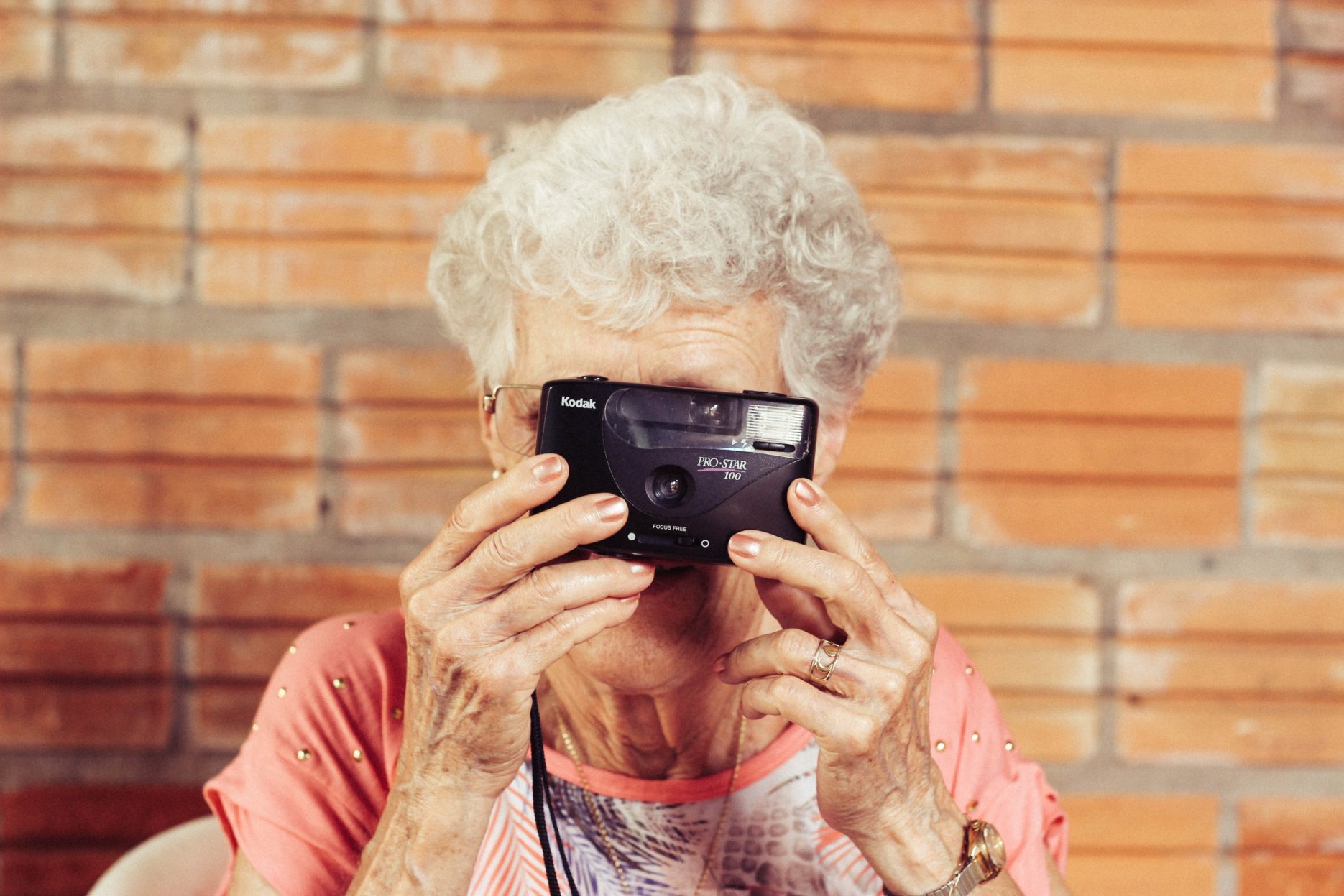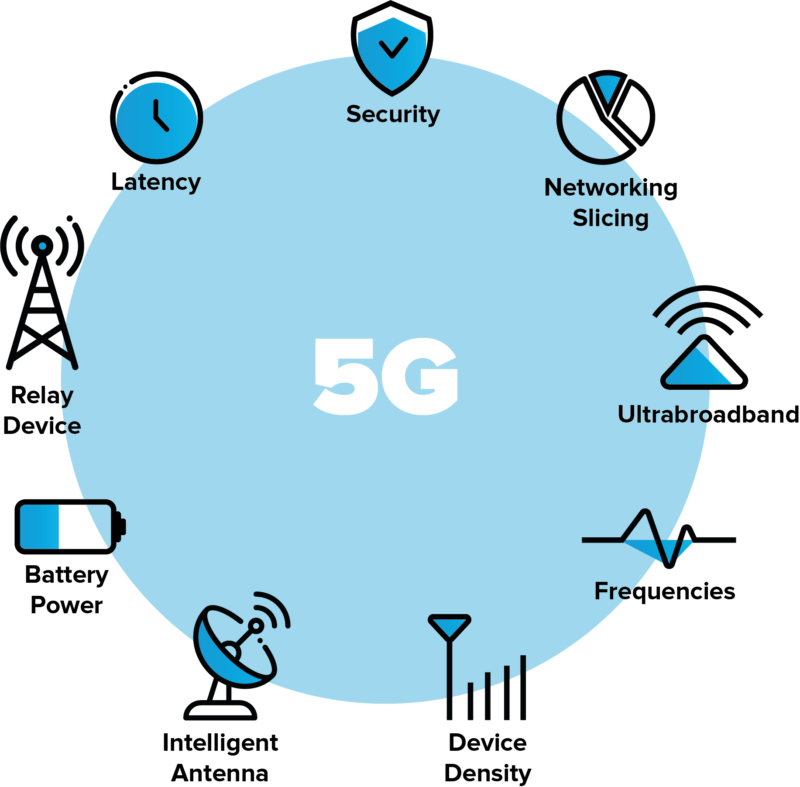The hashtag ‘#technological progress should not forget the elderly’ has been trending on Weibo with 37.26 million views and 14,000 comments.
Netizens expressed concern that the elder generation has been neglected amid China’s rapid digitalisation. Many commented that the reliance on health code and mobile payment for daily life puts them at a disadvantage as they are less digitally literate.
Many Weibo users asserted that technology needs to be made easier to use and access for elderly people. Some criticised the fact that rapid technological advancements had not yet resulted in suitable adjustments to help the elderly.
I hope that we can develop some sort of software which suits elderly peoples in order to give them as much care and assistance as possible and to ensure that science and technology truly benefits everyone.
A comment on Weibo
The WHO predicts that the proportion of China’s population aged over 60 will increase to 28% in 2040. As a result, China’s elderly care market is expected to reach 9.8 trillion RMB ($1.52 billion) in 2021 according to Saidizhiku. As China’s elderly population expands as a consumer group both in size and purchasing power, a growing number of brands have developed products to cater to their needs. In December, e-commerce platform JD announced a partnership with Chinese technology company ZTE to launch an accessible 5G smartphone for the elderly, which follows similar products from Xiaomi and Newman.
Yet, China’s elderly population are more digital-savvy than elderly generations in the West and are only becoming more so. The number of senior internet users expanded from 54 million in 2018 to 100 million in 2020. This is due to the rapid pace of change in Chinese society and the greater need for digital applications in daily life. Many rely on their phones for messaging via WeChat, online shopping and accessing daily services.
Read more:









